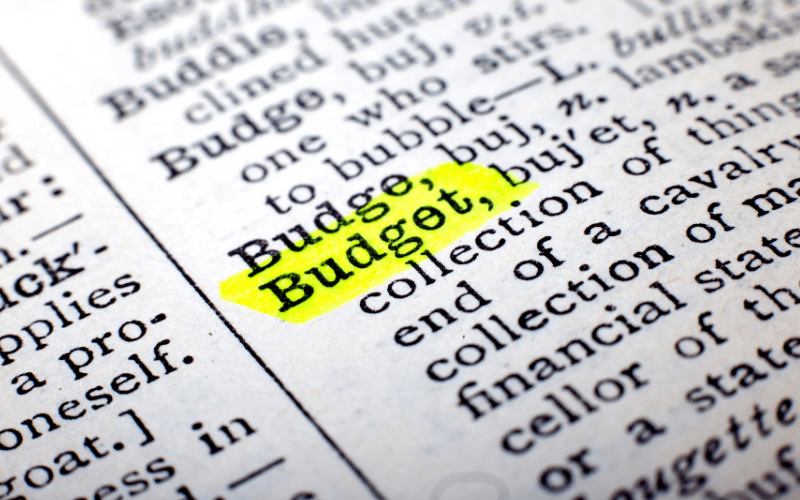What Are Variable Expenses?
Variable expenses are expenses that either change in cost month-over-month or don't occur consistently month-to-month. Examples of variable expenses can include:
- Utilities
- Office supplies
- Hourly payroll
- Other expenses that don't have a consistent amount on the bill
- Discretionary expenses (optional expenses like bonuses and employee meals)
Variable expenses should be kept to a minimum when you're a newer business, but they can be more difficult to control than they appear. It might help to find your annual average for each variable expense by comparing the expense over the last three years and using the highest average annual amount as your guideline.
The 6-Step Method to Budget With Variable Expenses
-
Start by finding your revenue, or the money that comes in before you deduct all of your expenses. Don't confuse your revenue with your profit.
-
Fixed expenses are the easy part. These can include mortgage, loan, and salary payments - any costs that don't usually vary. Subtract fixed expenses from your revenue. Reducing the number of fixed expenses can help you set more money aside during a difficult month. (Do you need all of those subscriptions?)
-
Identify your variable expenses. The section above titled "What Are Variable Expenses?" outlines what variable expenses are and provides some examples.
-
Find opportunities to add wiggle room. This can be either adding a buffer of 3-10% (depending on how much your business can spare) or setting aside unused funds each month to create a savings account to cover the variations in cost.
-
Finally, create a profit and loss statement on your own, with the help of accounting software, or with the help of an accountant. This can be done after tracking your spending each month and comparing it to your budget for each variable expense.
-
Now you can create or modify your budget for the future. Each year, you should review your budgets for each category to see where you have the most flexibility and control. A lot of this involves investing in resources that can help you reduce your variable expenses, such as obtaining new equipment, software and outsourced tech support, automated utility devices (such as a scheduled thermostat or automatic lights), and more!
Ready to learn more?
You can now expect the unexpected when it comes to your budget (for the most part). At least, you know why you need one, what variable expenses are, and how to account for them when making or reviewing your budget.
And to have more time to focus on your budget, invest in a monthly accounting service! They can take financial work off your plate, allowing you to get back to what you love.
If you're considering monthly accounting as an option, why not schedule a consultation with CSI Accounting & Payroll? Our accounting team will go the extra mile to ensure you're covered year-round! Click the button below for a free consultation to see if we're a good match for each other:
Not ready to talk? That's okay! First, learn more about whether monthly accounting or annual accounting is best for your business.


